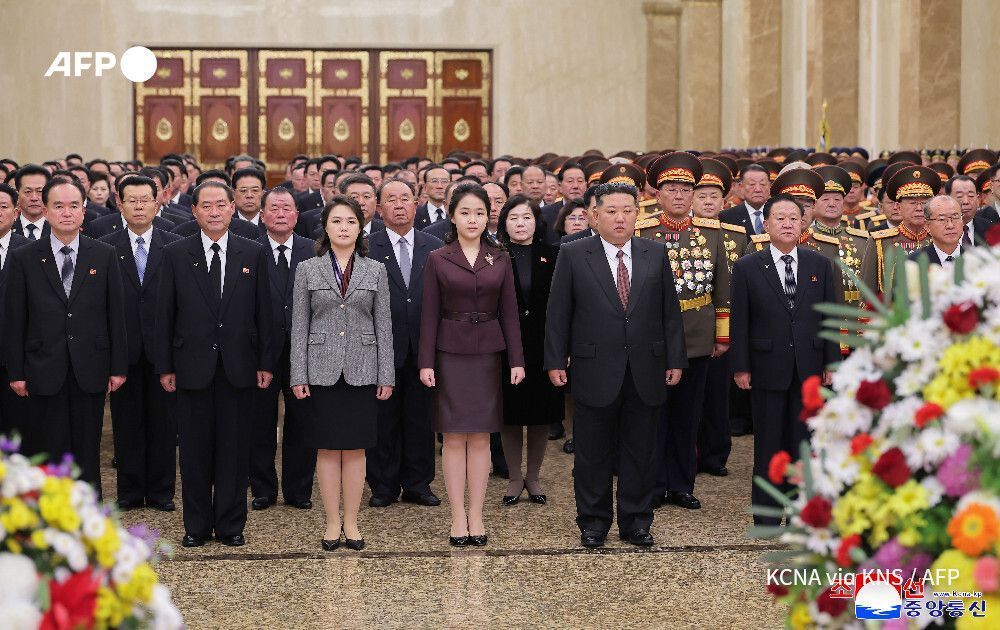Afghanistan’s Taliban authorities said Sunday that women seeking to travel anything other than short distances should not be offered transport unless they are accompanied by a close male relative.
The guidance, issued by the Ministry for the Promotion of Virtue and Prevention of Vice, also called on all vehicle owners to offer rides only to those women wearing Islamic hijabs.
“Women travelling for more than 45 miles (72 kilometres) should not be offered a ride if they are not accompanied by a close family member,” ministry spokesman Sadeq Akif Muhajir told AFP on Sunday, specifying that it must be a close male relative.
The guidance, circulated on social media networks, comes weeks after the ministry asked Afghanistan’s television channels to stop showing dramas and soap operas featuring women actors.
The ministry had also called on women TV journalists to wear hijabs while presenting.
Muhajir said Sunday that the hijab would also be required for women seeking transport. The ministry’s directive also asked people to stop playing music in their vehicles.
The Taliban’s interpretation of the hijab — which can range from a hair covering to a face veil or full-body covering — is unclear, and the majority of Afghan women already wear headscarves.
Since taking power in August, the Taliban have imposed various restrictions on women and girls, despite pledging a softer rule compared with their first stint in power in the 1990s.
In several provinces, local Taliban authorities have been persuaded to reopen schools — but many girls still remain cut off from secondary education.
Early this month, the Islamist group issued a decree in the name of their supreme leader instructing the government to enforce women’s rights.
The decree did not mention girls’ access to education.
Activists hope that the Taliban’s battle to gain international recognition and get aid flowing back into one of the poorest countries in the world will lead to them making concessions to women.
Respect for women’s rights has repeatedly been cited by key global donors as a condition for restoring aid.
Women’s rights were severely curtailed during the Taliban’s previous stint in power.
They were then forced to wear the all-covering burqa, only allowed to leave home with a male chaperone and banned from work and education.






